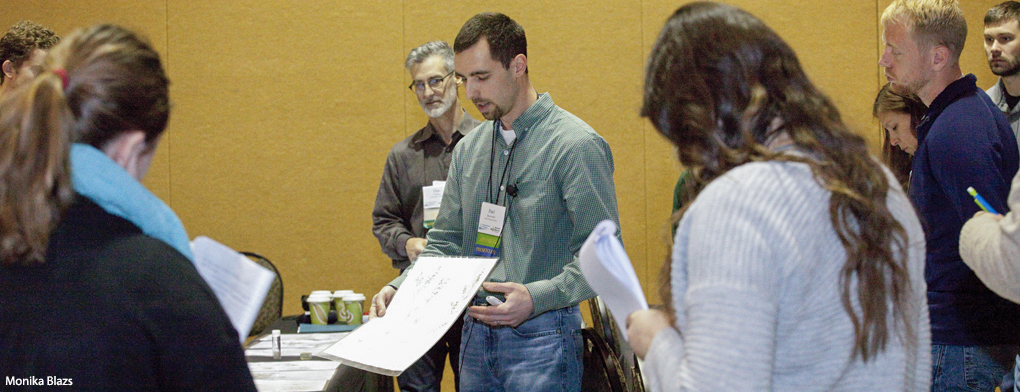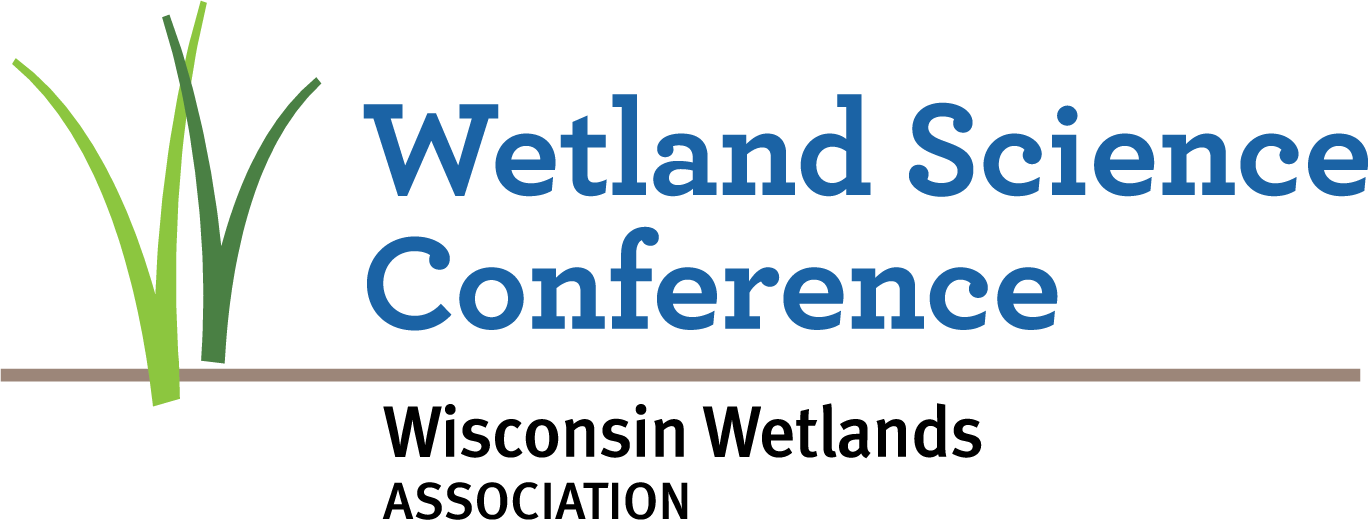
Workshops
Workshops are your chance to learn and apply new skills and methodologies.
Pre-registration for workshops is required and will include a nominal fee to cover workshop expenses. Sign up for workshops when you register for the conference. Please note that these sessions may be held concurrent with other conference content (working groups, roundtable conversations, field trips, and concurrent sessions), so check the conference schedule before you sign up. Space in each workshop is limited, and sign up is first-come-first-serve, so register early to make sure you get into your desired workshop. Note that workshop fees are non-refundable.
The 2025 Call for Workshops will be released in the summer of 2024, with workshops being announced in the fall of 2024.
